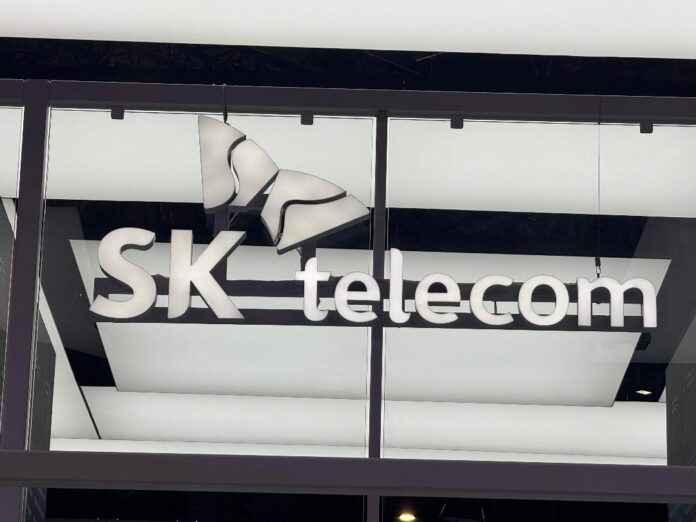SK Telecom recorded a net loss of KRW167 billion in Q3, compared with a profit of KRW280 billion a year earlier
In sum – what to know:
Steady growth – SK Telecom reached 17.3 million 5G users, accounting for nearly 80% of its handset base.
Data breach drives losses – A KRW500 billion compensation package led to a sharp Q3 profit drop and net loss.
Recovery expected in Q4 – The telco expects lower revenue impact in the final quarter as compensation effects taper.
SK Telecom, South Korea’s largest telecom operator, ended the third quarter of the year with a total of 17.3 million subscribers in the 5G segment, up 4.1% from 16.57 million in the same quarter the previous year, the telco said in its earnings statement.
At the end of September, SK Telecom’s 5G subscribers accounted for 79% of its overall handset subscribers, up from 73% at the end of Q3 2024.
The number of LTE subscriber reached 4.93 million at the end of the third quarter, down 21.3% year-on-year. The Korean carrier ended Q3 with a total of 33.54 million mobile subscribers, down 2.1% year-on-year.
SK Telecom also reported a total of 7.19 subscribers in the broadband segment at the end of the period, up 1.2% year-on-year.
SK Telecom reported its operating profit decline 90.9% year-on-year to KRW48 billion ($33.6 million) in the third quarter, with revenues down 12.2% to KRW3.97 trillion.
The operator recorded a net loss of KRW167 billion in the period, compared with a profit of KRW280 billion a year earlier. The telco’s capex in Q3 reached KRW457 billion, down 0.9% year-on-year.
The telco paid out KRW500 billion in compensation following a data breach impacting all customers in the mobile segment. The compensation program included a 50% cut in mobile tariffs in August, additional data and discounts on partner content with the aim of enhancing customer satisfaction and rebuild trust.
In its earnings call, SK Telecom’s CFO Kim Yang-seob stated the customer benefit package will continue until the end of the year, noting decline in mobile revenue “should persist in Q4, but the impact should be significantly smaller than in Q3.”
The executive also highlighted that the last six months have been “the most challenging period for SK Telecom since its founding and the entire organization has been fully mobilized to respond to the cybersecurity incident.”
SK Telecom has recently launched an independent company-in-company (CIC) unit dedicated to artificial intelligence, consolidating its AI assets under a single structure to accelerate innovation and execution, according to Korean press reports.
The reports also highlighted that the Korean operator has committed KRW5 trillion to AI over the next five years, with the aim of generating at least the same amount in annual revenues from AI services by 2030.

